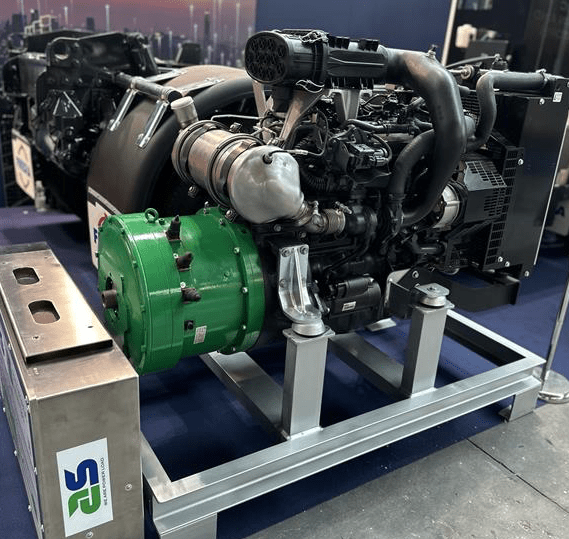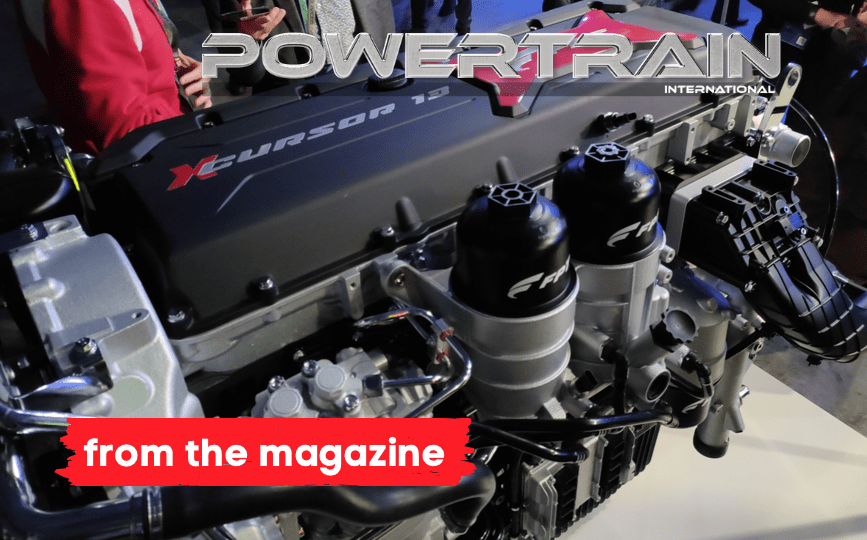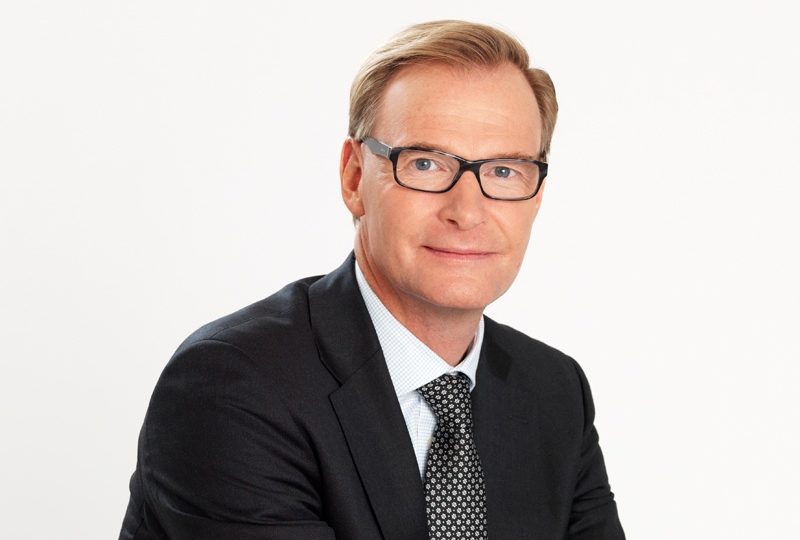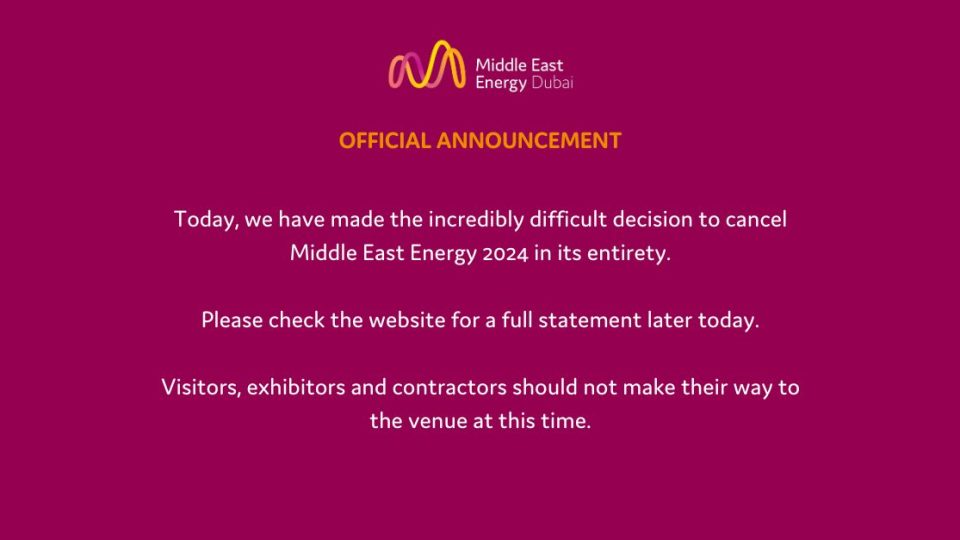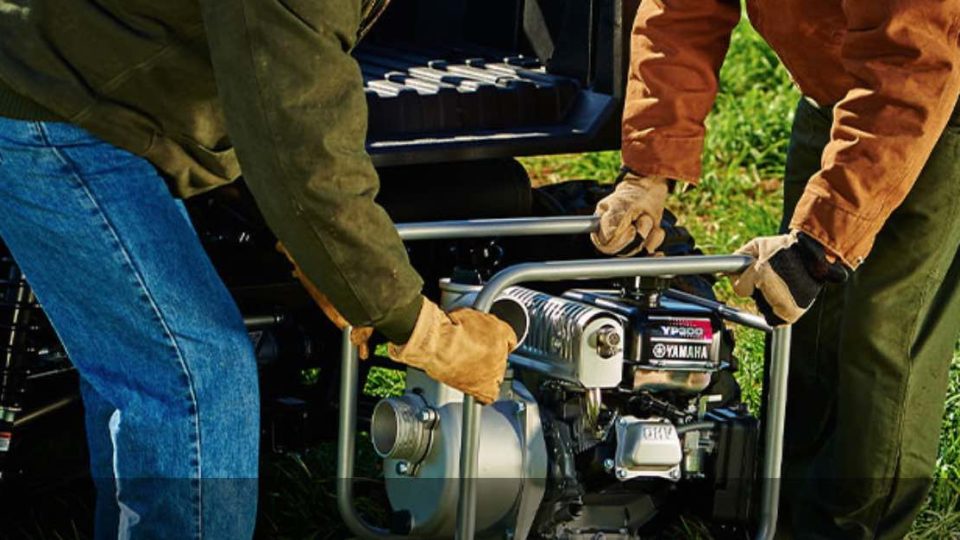Kjell Harloff is back to Bergen Engines
Kjell Harloff, Bergen Engines not-so-new head of marine engine sales, is back. In July the company welcomed marine engines aficionado Kjell and his team back in the Bergen Engines fold.
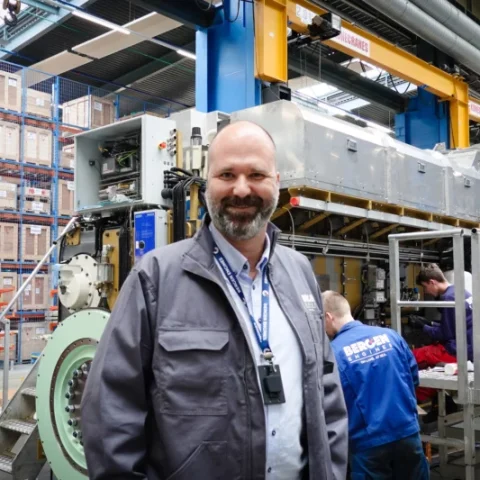
Kjell Harloff began his career with Rolls-Royce Bergen Engines in 1997 and from 2008 led the Rolls-Royce Commercial Marine, latterly Kongsberg Maritime, marine engines team.
“Control of our own destiny will bring more flexibility, both in terms of investing in new solutions and establishing new partners,” says Kjell. “I believe this will create increased value to our customers’ operations because we can play to different strengths from several co-operation partners instead of only one. Our marine customers operate in a very competitive and cyclical business. This requires us to be fast in adapting to changing needs and pick up on the trends to stay relevant and competitive. There is now direct dialog between Bergen Engines and its customers for both new sales and aftermarket, which will improve our responsiveness, and this can only be beneficial to our customers.”
What would you say has been your proudest career moment?
I have always had a strong relation to the technology and the colleagues at Bergen Engines when part of Rolls-Royce and was very involved in the development of the B33:45 marine engine, launched in 2014. Here we did an extensive market research to identify the key customer requirements, which was then conveyed back into the development programme. This resulted in a highly robust and powerful engine with a flexible modular design, world class fuel efficiency and much reduced life-cycle costs. The B33:45 has since become a big success in the market and I am very proud to be a part of that success.
The million-dollar question: what will become the fuel of the future?
With increasing pressure to decarbonise shipping operations and the IMO’s goal to reduce CO2emissions from international shipping by at least 40% by 2030 and no clear front-runner as an alternative to oil, Bergen Engines’ main focus is to future-proof its engines with fuel flexibility whilst further increasing fuel efficiency. Everyone is asking the million-dollar question: what will become the fuel of the future? I do not believe there is one answer to this – it will vary from vessel size and type and regional operation in terms of available bunker infrastructure. There are approximately 100,000 IMO registered vessels today. Close to 99% are currently operating on heavy fuel oil and marine diesel oil, and only 1% on Liquified Natural Gas (LNG).
This will need to change to meet the targets set. For medium sized vessels suitable for our Bergen range, I believe green hydrogen could be an option but due to the shear volume needed, methanol, ammonia and biofuels would be a safer bet.
LNG will still be a main transition fuel to the fuels of the future and is expected to grow for many years to come. Although the current LNG prices are record high, until future fuels are readily available along the coastlines and at a competitive price, natural gas operated engines with advanced energy optimization solutions, currently represent the best option to reduce greenhouse gas emissions from ships.
Bergen Engines has over the last year started several initiatives on the journey to net zero. A €4 million technology study, AMAZE, has been launched by the company to develop the needed technology for a fuel-flexible internal combustion engine with green ammonia as the primary fuel and methanol as an option. In addition, tests have been carried out in our test lab running on hydrogen blend, with a contract signed to supply H2-ready gensetsto a hybrid power plant in Italy.

